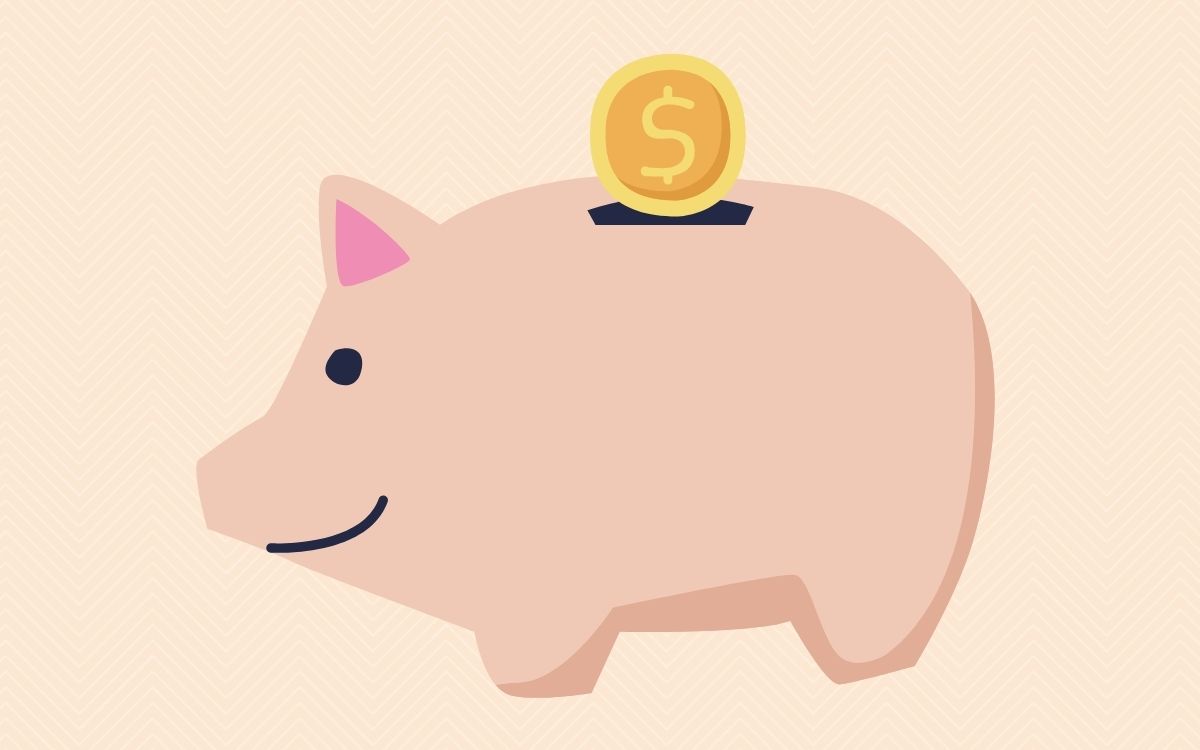You shouldn't have to compromise a lot of things to achieve a savings goal. Yet, there are little adjustments that you can make to save money that adds up over time every payday.
The goal is to find out how to make money out of salaries while covering the basic living costs, paying down debt, or working on certain financial goals.
In this article, we provide some tips you need to know to save money every paycheck! Read on to learn more.

Break Down Your Salary
Look through your paycheck and see how much you have to deal with to take-home pay. Your take-home is what's left after the employer pays out taxes, insurance, and any other deductions from the income, such as 401k program contributions.
Needless to say, 401k investments, a simple way to raise investment, is by notching up your contribution. If you wonder how much you can save each month, there's a simple rule you can follow.
At the very least, if your company provides one, it's nice to save enough of your paycheck to get the full workplace contribution to your pension fund.
When you look at your paycheck, find out what your actual contribution rate is and see if you can bump it up by one or two percentage points.
Automate Your Savings Upon Receiving Your Salary
When you know what you'll need to pay your bills and expenses, you can set aside money for your savings from your paycheck. There are two easy but extremely successful ways of doing this.
Set up direct deposit from your paycheck into your savings account. This way, every payday, the money goes straight to savings.
If your employer does not provide direct deposit, each time you're paid, set up an auto-savings transfer from checking to savings. Check out Chime, as an example of a platform to auto-save.
You simply pick the amount you want to save and the pace you want to move money, and you're done.
Navigate Your Spending
You also need to cut back on your expenses once you have formed a working budget. It will free up funds that will allow you to get out of your debt so you can put in an emergency fund.
Once you pay off your debt, you'll get to spend more money every month. The initial challenge (when you have extra cash in the bank) is finding ways to save in almost every category (from food costs to entertainment to family vacations).
When you make investing easier, you'll be able to find even more opportunities to save. The trick to cutting back is to push yourself to spend less than $50 a week on grocery stores or a sum that is in line with your budget.
When you're focused on cutting back in stages, it's more achievable, and you'll be more likely to cut back to performance. Instead of cutting one category entirely, aim to minimize spending by as little as $10 or $20 a month in multiple categories.
Set Your Savings Each Month and Be Consistent

Having money inside the bank is the best way to stop living from paycheck to paycheck. You can do so by collecting money from every paycheck. You will have one month's paycheck in the bank for your initial emergency fund.
If you are out of debt, you will start to create a bigger emergency fund. For example, take 10 percent or 20 percent for your emergency fund's paycheck per month.
This Emergency Fund is the secret to avoiding long-term life from paycheck to paycheck. You feel better equipped to cope with the unexpected challenges of life when you have a year's worth of expenses in the bank.
Conclusion
If you know you're tempted to dip into your savings, consider making it harder to do so by opening an online savings account or putting the money into a separate bank. Follow these tips and start saving now!




